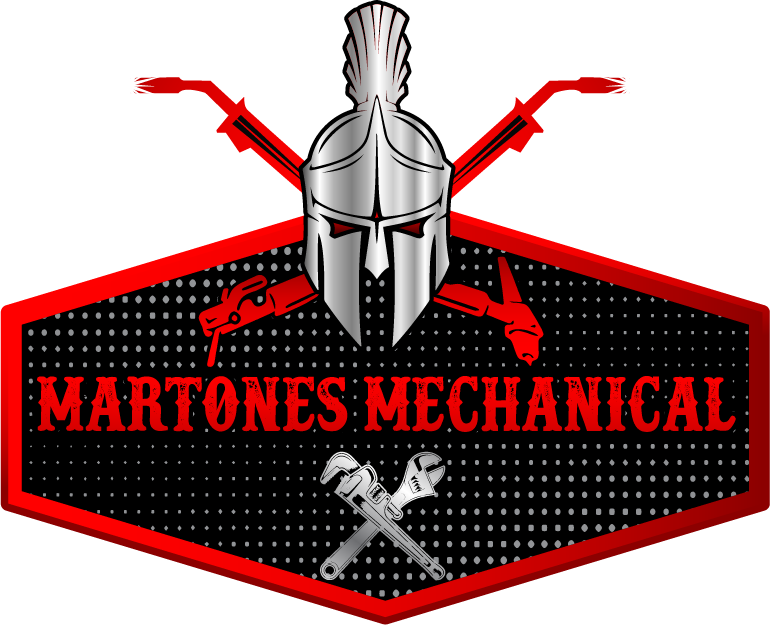PROCESS PIPING
Process piping refers to the system of pipes that transport fluids (liquids and gases) within industrial processes, particularly in manufacturing and processing plants. It is a critical component in industries such as chemical, petrochemical, pharmaceutical, food and beverage, and power generation. Here’s an overview of key aspects of process piping:
Purpose
- Transporting Fluids: Process piping carries raw materials, intermediates, and finished products between different units of a plant.
- Facilitating Reactions: It connects various equipment, such as reactors, heat exchangers, and separators, allowing for the efficient processing of materials.
Applications
- Chemical Processing: Transporting chemicals between reactors, storage tanks, and processing units.
- Petrochemical Industry: Moving crude oil, natural gas, and various refined products.
- Pharmaceutical Manufacturing: Ensuring sanitary transport of ingredients and products while maintaining strict quality control.
- Food and Beverage Production: Transporting liquids and semi-solids while adhering to hygiene standards.
Process piping is essential for the efficient and safe operation of industrial facilities, enabling the transport and processing of various fluids under controlled conditions. Its design, installation, and maintenance are critical to the overall functionality and safety of industrial operations.
